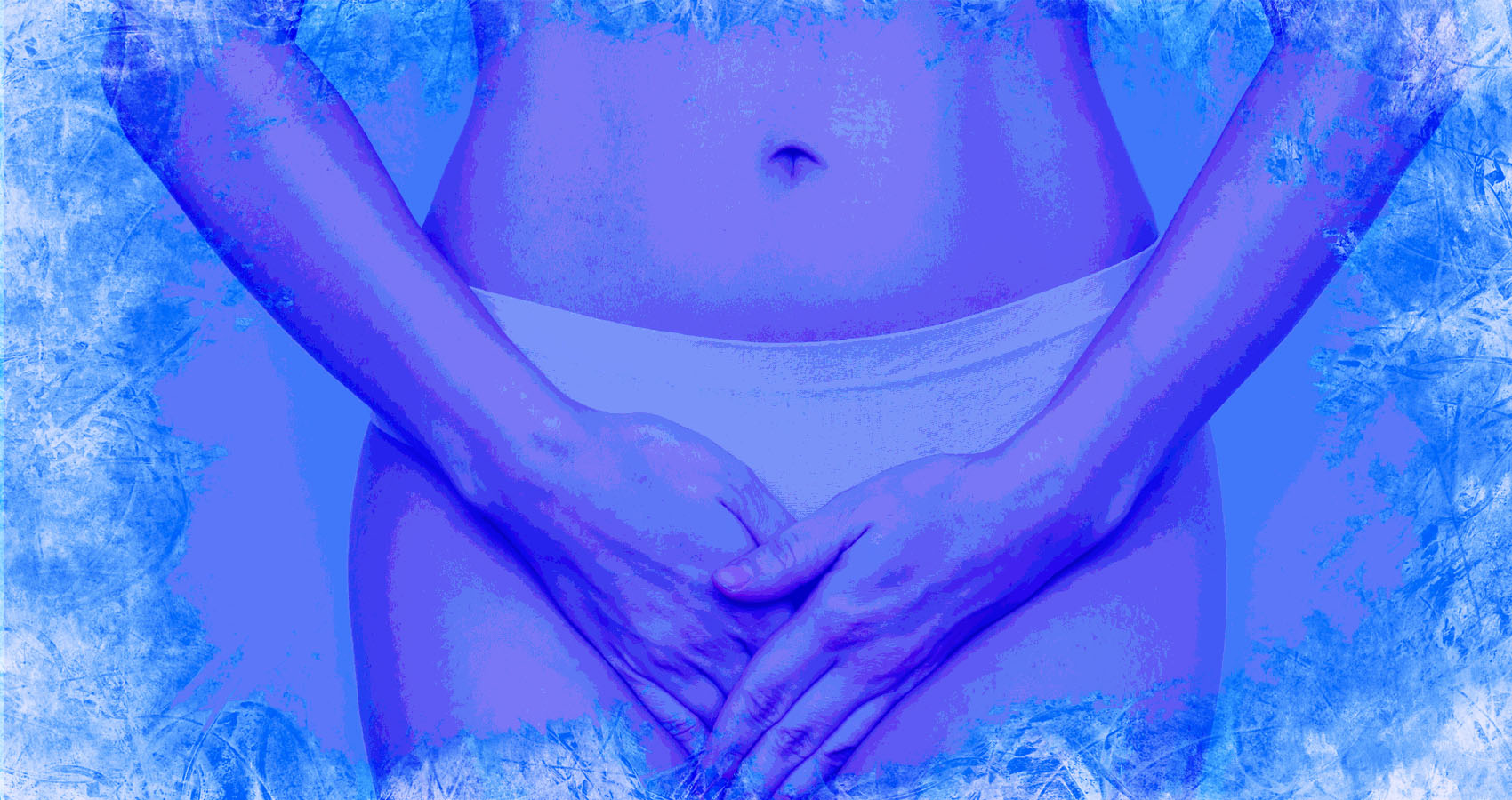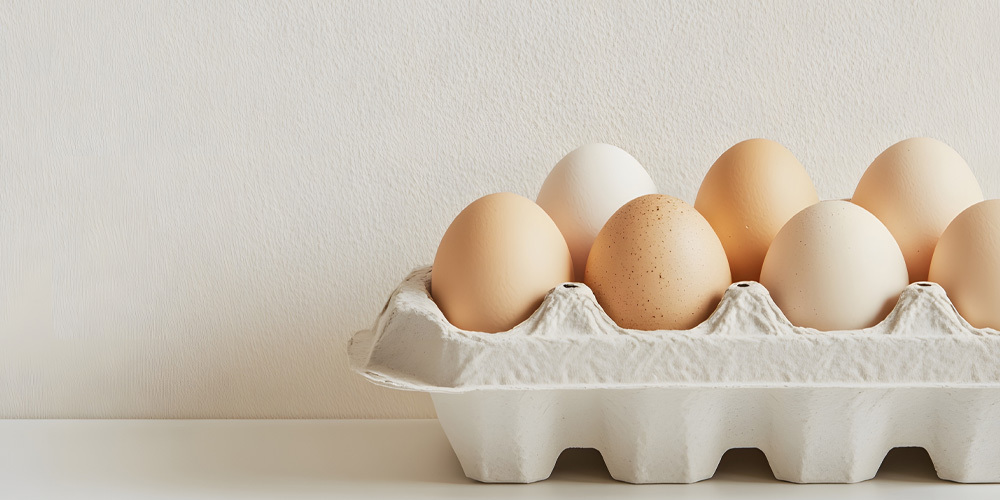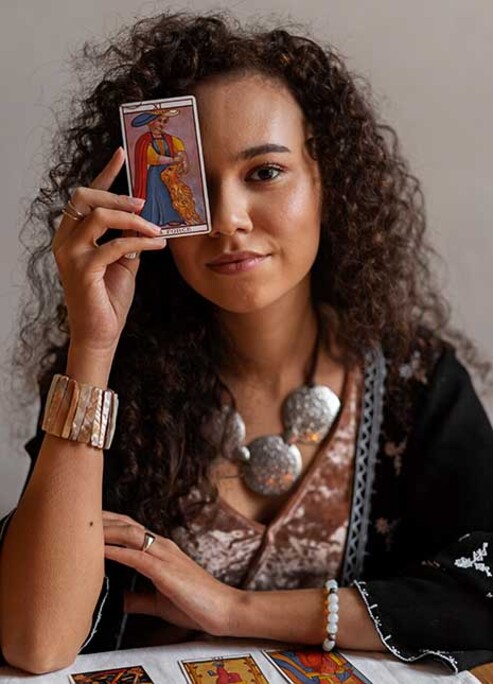
Should We Really Be Freezing Our Eggs?
Understand the process and benefits of freezing your eggs today.
Some people know they want kids but need a few years before pursuing parenthood. Others are on the fence but would like the chance to review their options down the line. For such situations, egg freezing offers the opportunity to preserve fertility. It’s a process that has gained popularity recently, with egg freezing cycles up 64% between 2019 and 2021.
However, it’s a complicated decision with many factors to consider. This article is here to give you some essential information about egg freezing so that you can determine whether it’s the right path for you.
What is egg freezing?

A fertility preservation method, egg freezing involves collecting eggs from your ovaries before freezing and storing them for use in future IVF or ICSI fertility treatment.
During an egg freezing cycle, you use medication to stimulate your ovaries. This allows them to develop more eggs than during a normal menstrual cycle. After 8-14 days, you have a short, minimally invasive procedure under sedation where all the eggs are collected. Then, they undergo cryopreservation, which involves rapidly freezing the eggs using liquid nitrogen.
Many people undergo multiple egg freezing cycles to give them a larger batch of eggs on ice. Your eggs can be frozen for up to a maximum of 55 years, but you will need to renew your consent every 10 years.
Why do we need egg freezing?
You might be wondering why egg freezing is even on the table in the first place. Well, it’s all down to your ovarian reserve. Those with ovaries are born with all the eggs they will ever have and even before being born, they’ll have around 7 million eggs. However, by the time puberty hits, this number is reduced to between 300,000 and 500,000. By 30, it decreases to between 100,000 and 150,000.
Your fertility starts to decline at this point, and significantly so after age 35. This is the old biological clock that everyone mentions. The number of available eggs you have in your ovaries diminishes and while it does only take one egg successfully fertilising to become pregnant, the quality of your eggs also declines making it harder for them to mature properly or support embryo growth. It’s worth noting that age isn’t the only factor that influences ovarian reserve; genetics, medical conditions and lifestyle factors also play a part.
Egg freezing allows people to freeze their eggs when there are more of them, and they are of better quality. Now if you’re under 30, it doesn’t mean you need to rush to get your eggs in the freezer nor does it mean if you’re over 35 that egg freezing isn’t possible. Being aware of age vs ovarian reserve and egg quality simply affords you realistic expectations about how many eggs you may be able to freeze and the likelihood of success in using your own eggs for fertility treatment.
Why might I consider freezing my eggs?

The motivations for egg freezing are personal and there are many valid reasons why people choose to do it including:
Focusing on career or personal goals: Egg freezing can provide flexibility for those who want to prioritize career, education, or other life pursuits before starting a family.
Medical reasons: Some may choose to freeze their eggs before undergoing medical treatments, such as chemotherapy, which could impact fertility.
Not ready to settle down yet: For those who haven’t found the right partner but still want the option of having biological children later.
Family history of early menopause: If someone has a family history of early menopause, they might freeze their eggs as a precautionary step.
Reducing pressure: It can help reduce the emotional or societal pressure to have children by a certain age, offering more time for family planning.
Exploring other family-building options: Egg freezing can allow someone to explore different options for parenthood, like single parenting or surrogacy, in the future.
Risk of injury: If someone has a potentially hazardous job, such as being on active duty in the armed forces, egg freezing preserves their fertility in case an accident results in natural conception not being possible.
Gender transition: If assigned female at birth but transitioning to male, egg freezing preserves the option for biological parenthood before hormone therapy or reconstructive surgery, both of which can impact fertility.
What is the best age to freeze my eggs?
There isn’t one golden age at which everyone should freeze their eggs because personal circumstances and fertility goals play a big part in the decision. However, from a biological standpoint, the earlier you can freeze your eggs the better. Undergoing the process in your 20s or early 30s will typically mean egg quality is better. That being said, many people freeze their eggs well into their late 30s and early 40s.
How do I freeze my eggs?

If freezing your eggs feels like the right choice for you, the first step is to reach out to a fertility clinic. Leading fertility clinics like Apricity offer egg freezing with transparent packages that include all treatment services and medication for one full cycle and one year’s storage.
Most clinics have eligibility criteria for egg freezing, so you'll need to determine whether you meet these. You’ll also need to undergo some fertility tests so that you and your healthcare team have a thorough understanding of your fertility status for treatment planning.
After a consultation, you’ll then be able to plan your egg freezing according to your menstrual cycle. Apricity makes this entire process straightforward through virtual appointments and by allocating you a dedicated healthcare team who coordinates your care and who you can contact 7 days a week. If you’d like to find out more, book a free call with an Apricity fertility advisor.
References
https://www.hfea.gov.uk/treatments/fertility-preservation/egg-freezing/











